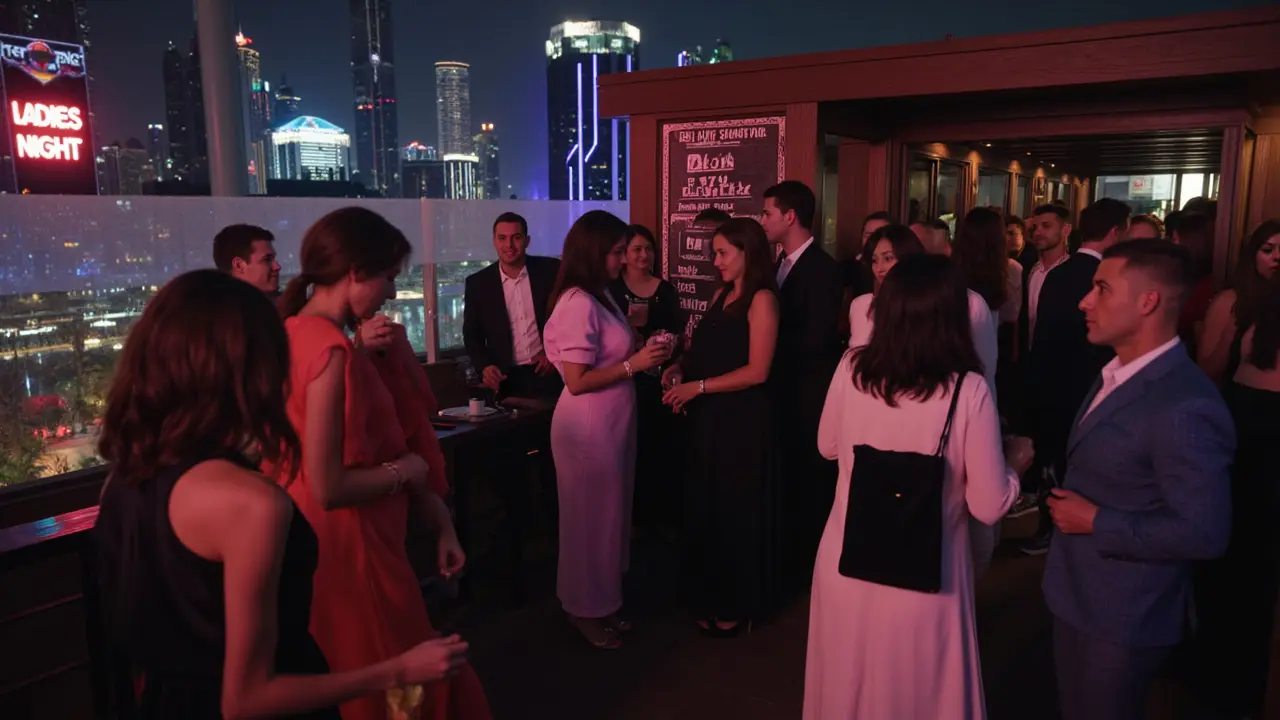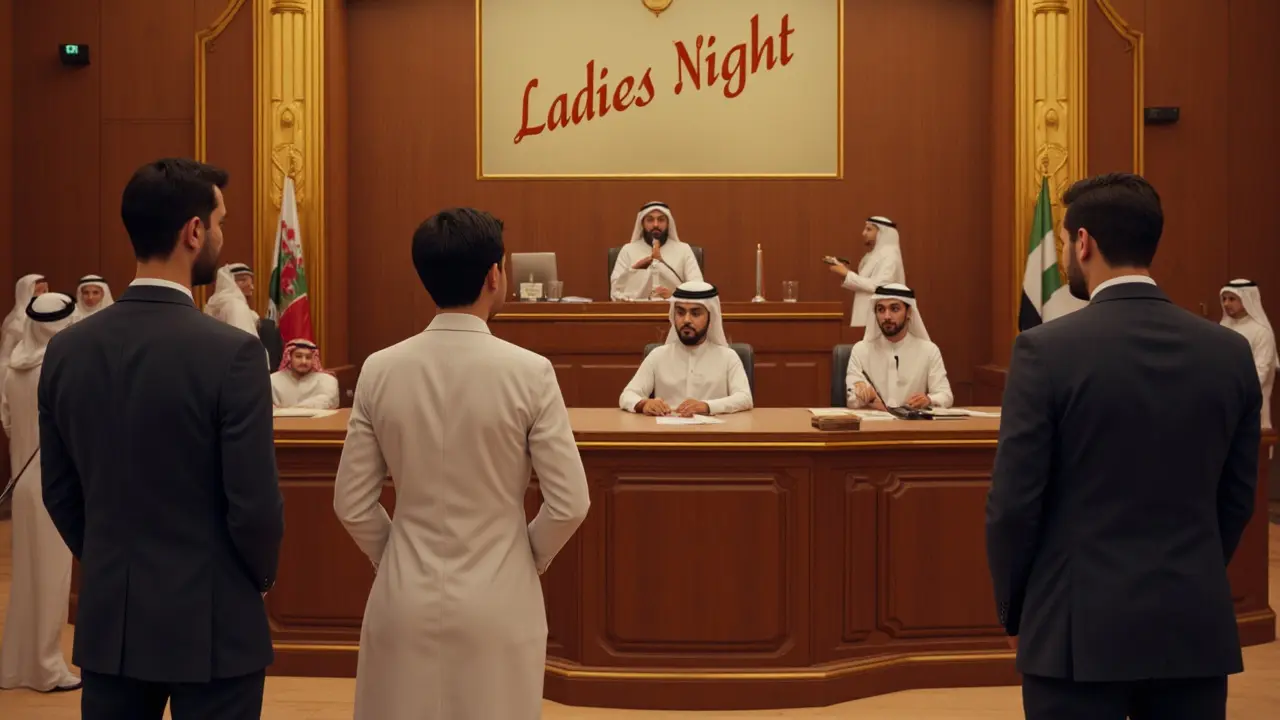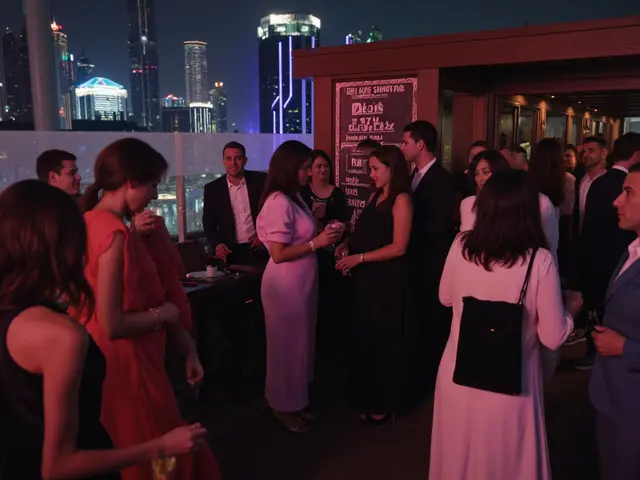Is Ladies Night Legal? Understanding Ladies Night Laws, Bans, and Rights

Is Ladies Night Illegal? Fast Facts and The Quick Answer
You’ve probably noticed that some bars roll out the red carpet on ladies night—free drinks, half-price cover, and sometimes, entire tables reserved just for women. These deals are everywhere, but there’s always someone in the corner muttering, “Isn’t that illegal?” Short answer: it depends on where you are, and sometimes, who you ask.
Here’s the deal for speed-readers:
- There’s no federal law in the U.S. that flat-out bans ladies nights.
- State and local laws vary wildly—some places say go for it, others say hard no.
- Lawsuits have been filed over the years, but results are all over the map.
- At its core, the question is whether giving women a discount counts as illegal gender discrimination.
- Enforcement is rare, but if someone complains—especially a guy feeling left out—the venue could have a problem.
If you’re just here for the quick answer: unless you’re in places like California, New Jersey, or a few scattered cities like New York City, you probably won’t see anyone shutting down your happy hour. But there’s always a wrinkle, so the fine print matters.
What Counts as "Ladies Night" and Why People Care
Ladies night isn’t just a clever marketing ploy. It’s a whole “thing” that clubs and bars have been doing for decades, mostly to bring in more women—because, let’s be honest, a packed dance floor looks a lot better (and guys spend more money) if there’s a good gender mix. Specials can be as simple as free cover charge for women, dollar drinks, or even welcome gifts at the door. Some bars get creative, offering “pampering nights” with mini-makeovers, or even limo rides for groups of women.
This started taking off in the 1970s and 1980s, when club owners realized that more women on the guest list meant more men would follow, and everyone would buy more drinks. It’s marketing 101. But beneath the fun is a real legal debate: is it fair—or fair game? That’s where things get bumpy. Men started to ask, “Why am I paying more to get in and buy a drink when she gets in free?”
The beef boils down to equal treatment. Most states have laws about public accommodations, which means if you’re running a place open to everyone, you can’t discriminate based on things like race, religion, or—yep—gender. But the wording, and the way these laws are enforced, are as different as playlists at your local bars.
Want a quick glimpse of where these laws pop up? California and New Jersey have statewide bans. In New York City, the Commission on Human Rights has said gender-based entry deals are a no-go. But cross the Hudson River, and it’s back to party-as-usual in some Jersey towns. In Illinois, the legislature actually wrote a law in 2011 to say that bars could keep throwing ladies night, dodging the gender-discrimination issue outright.
Now, why does this matter for the average person? If you’re a venue, offering these promos helps your bottom line, so risking a lawsuit seems wild—but for most part, legal challenges almost never stick unless someone files a complaint and really pushes it. On the other hand, if you’ve ever been that guy at a packed club, wondering why you’re paying double cover…well, here’s your answer.

Laws, Lawsuits, & Real-Life Rulings: What Do the Courts Say?
The courtroom is where things get interesting. There are a bunch of cases out there where men—sometimes groups, sometimes on principle—sued bars over ladies night. Want to see how messy it gets? Here’s a snapshot:
- A New York man named Roy Den Hollander practically made a career out of suing Manhattan clubs for ladies night “discrimination.” Most of his cases fizzled, but his lawsuits got a ton of media attention in the 2000s and even 2010s.
- The California Supreme Court ruled in Koire v. Metro Car Wash (1985) that gender-based discounts violate the state’s Unruh Civil Rights Act. After that, most clubs in California dropped the ladies-night game entirely, but you’ll still find a handful trying to sneak around it with “everyone free until 10pm” or “bring a friend” deals that aren’t technically gendered.
- Out in New Jersey, the Law Against Discrimination covers public places, so they nixed ladies night years ago, too. But, bars have creatively pivoted to “Customer Appreciation Nights.”
- In other states, like Illinois and Nevada, the law is either silent, or the courts have said that promos like ladies night don’t do “enough harm” to count as discrimination.
- In one rare victory for anti-ladies-night guys, a judge in Wisconsin sided with the plaintiff and ordered a club to quit the practice. But these wins are few and far between.
Honestly, the courts are split. The real deciding factor is usually how the state or city writes their antidiscrimination law. Some spell out gender, others don’t, and some give business owners a lot more “wiggle room” if the promotion is short-term and optional.
If you’re a venue thinking about running these promos, it’s a smart move to check the rules in your zip code—not just your state. The best legal advice? When in doubt, go “2-for-1 drinks for everyone” or “invite a guest for free.” Keeps things simple and helps you dodge drama.
| State/City | Ladies Night Legal? | Notes |
|---|---|---|
| California | No | Clear ban under Unruh Act |
| New Jersey | No | Statewide Law Against Discrimination |
| New York City | No | NYC Commission on Human Rights policy |
| Illinois | Yes | Specifically allowed by state law |
| Texas | Yes | No statewide ban |
| Florida | Yes | No statewide ban |
| Wisconsin | Unclear | Subject to local rulings |
| Washington State | No | Banned under State Law since 2008 |
It’s a wild patchwork. So, double-check your city and state if you’re planning a party, or you’re a guy plotting a protest.
Smart Tips, Workarounds, and What’s Next for Ladies Night
Worried about running afoul of the law, or just want to keep the party going? Here are some real-world tips for both bar owners and people out for a good time:
- If you’re running an event, label your deals "Happy Hour" or "Everyone Welcome"—makes it less likely you'll get called out for discrimination.
- Thinking about creative discounts? Bundle admission with other perks, like a free appetizer or priority seating for both genders. This reduces the risk if someone decides to stir the legal pot.
- If you’re heading out and not sure whether what you see is technically allowed, don’t stress. Nearly all complaints require a formal process. If you’re not having fun, take your business elsewhere—there’s little risk to patrons, but club owners are the ones who get fined.
- Bar and club owners in strict states have shifted to “theme nights” or “industry appreciation nights” where discounts are less about gender and more about occupation, birthdays, or even zodiac signs to avoid gender bias complaints. This works as a loophole in many cases.
- If you feel like you’re being discriminated against (guy or girl), you can complain to your local human rights commission, but know that most of these offices are swamped—resolution can take months.
- For guests, don’t assume that “ladies night” means something shady. Most bars just want to pull in a crowd and give people a break on cover or drinks. As long as it feels chill and nobody makes you feel uncomfortable, enjoy the cheaper tab while you can.
Now, the future: Some advocacy groups want to ban gender-based discounts completely, arguing they reinforce out-of-date views about women and nightlife. Others say it’s harmless fun, and business owners need more freedom, not less. But with younger crowds demanding more inclusivity, expect to see more "Everyone's Night" and "2-for-1 All" events in the next few years.
If you’re in it for the perks, snag the deal. If you’re worried about the law, check your county’s website or talk to a local attorney before running promotions. Most bars steer clear of explicit "ladies night" brands and focus on general discounts that attract everyone without lawsuits waiting in the wings.
The bottom line? Ladies night isn’t some legal minefield for most clubs, but you’ll want to know the rules where you live—especially if you’re in California, New Jersey, or the Pacific Northwest.

